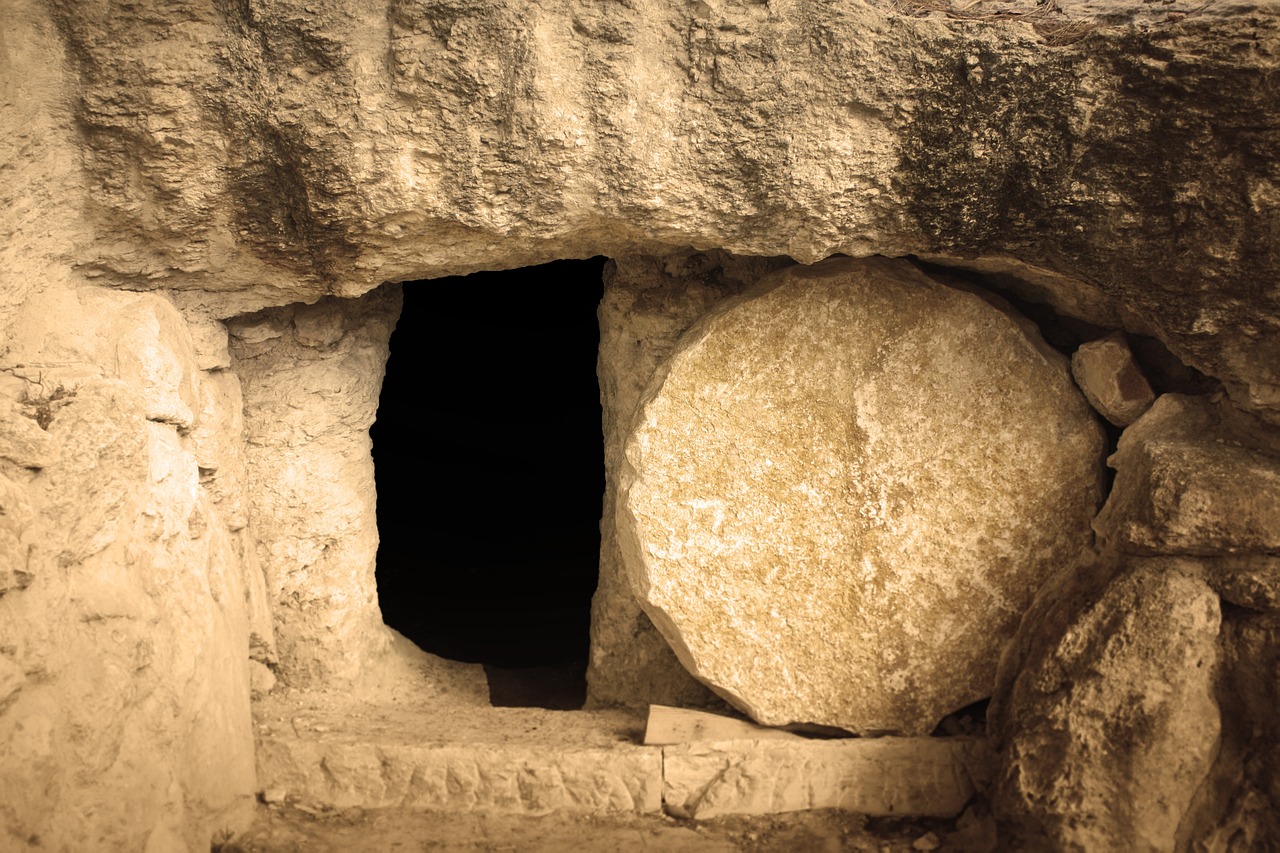As a former atheist, it WAS the evidence that convinced me to become a Christian. I became, in fact, a reluctant believer at first. I had to figure out what this God wanted from me, now that I had determined that yeah, He’s real 😛
But here were the things that convinced me:

Fine-Tuned Design of the Universe
The universe is so finely tuned that noticing that it looks designed, and drawing conclusions from that observation, is a MUCH better and MUCH more logical approach than theorizing about how an impossible number of sizes, proportions, speeds, etc. just happened to line up perfectly for supporting life, against all odds.
The Bible vs. Other Ancient Historical Sources

Have you ever studied ancient history? Because if you have, you’ll know that for most ancient works, we only have 10-20 copies…a few hundred if you’re really lucky. But for the Bible, we literally have thousands, more than any other. They’re also written within as close to a DECADE after the evens they describe…not a few hundred to even over a thousand years, which, again, is the norm in the world of ancient historical manuscripts.
(If you love stuff like this, you may also enjoy our full posts on the reliability of the Bible as ancient history as well as what the early church believed.)
First and Secondhand Sources
People like to dismiss the validity of the biblical accounts, but…why? They’re first and secondhand sources, and they were included in the Bible at a much later date. For any other ancient event, witness accounts are just called “historical sources”. But, put them in the Bible, and all the sudden they’re not? This makes no sense.

Add to that they’re first and secondhand sources (another rarity compared to other events in ancient history) AND include embarrassing details that a mere mythicist would have never added (See Matthew 26:69-72, Matthew 28:17, Mark 9:32, Luke 18:34, and John 16:18, for just a few examples).
The early church fathers quoted the new testament like crazy, too, so that eliminates any doubt about whether the original meanings were corrupted (they weren’t).
Mainstream Scholars Agree…
Mainstream scholars–not even the Christian ones–recognize a number of facts about the historical person of Jesus. Yes, he was a real person, and mainstream scholarship agrees.

They also agree that: He died by crucifixion, his followers claimed to see him in body afterward, Christianity began because of such claims, the disciples were willing to die painfully for their beliefs rather than deny them and live, the resurrection message began spreading immediately after Jesus’ cruxifixion (not as a later-on legendized story!), Jesus own unbelieving brother James became a Christian because of what he claims was an encounter with the risen Christ, there was no body in the tomb, and that the Jewish and Roman leaders of the time wished they could explain it away but couldn’t.
(So, with all of that…IMHO it’s pretty amazing that many of them can still completely deny the resurrection as even a possibility.)
Fulfilled Prophecy

The fulfilled prophecies, many of which Jesus would have had no expectation of control over, such as: Where he’d be born, how he’d be betrayed, how the betrayal money would be spent, and how he would die, among many, many MANY more.
So, where do YOU stand? If you, as was the case with me years ago, are starting to wonder if the Bible is true, then read on…
